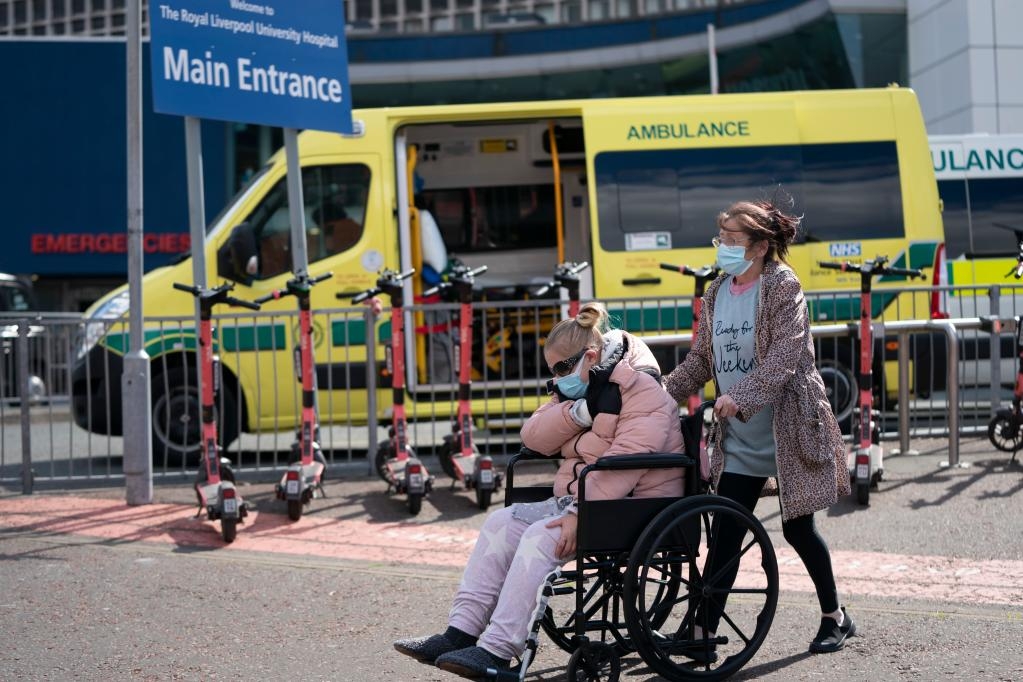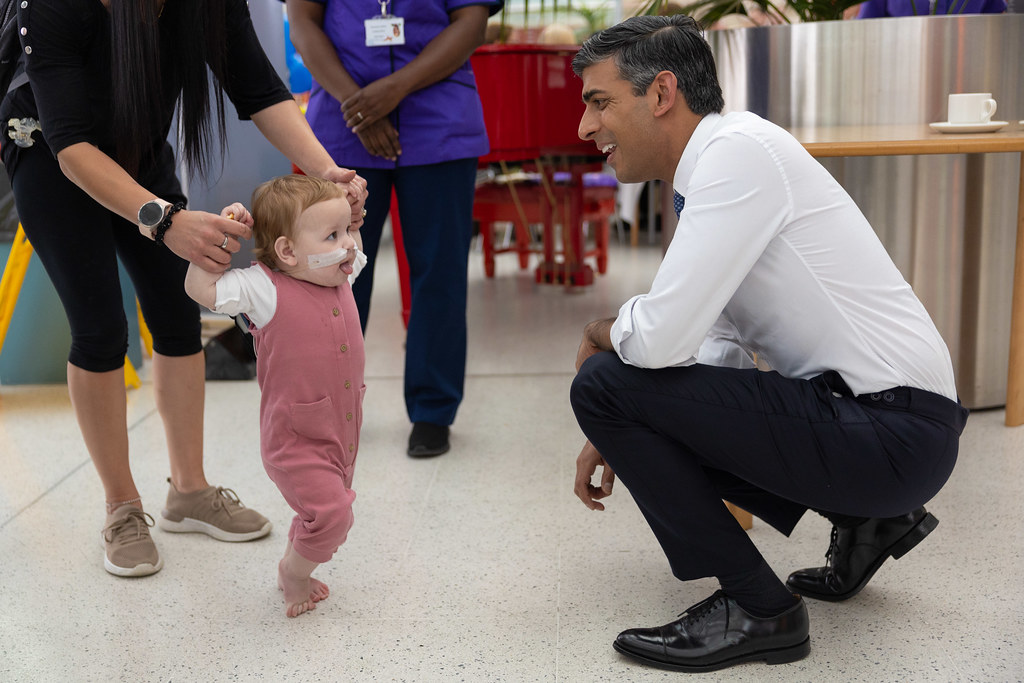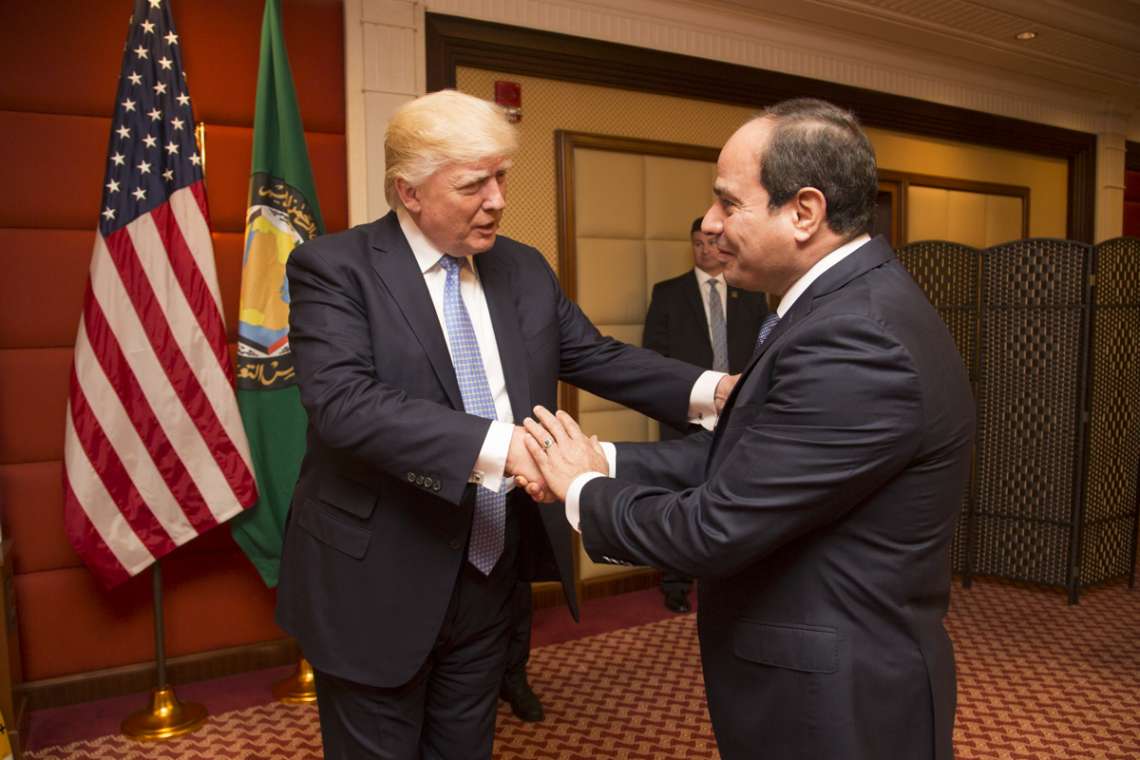The prime minister’s official spokesperson said on Monday: “These coordinated strikes will pose a huge challenge for the NHS and for patients, who will see their care significantly disrupted.”…reports Asian Lite News
More patients than ever before will be put at risk when consultants and junior doctors begin the “biggest walkout the NHS has ever seen”, the body that speaks for health trusts has warned.
The latest round of industrial action in England, when consultants will strike in a dispute over pay on Tuesday and Wednesday and junior doctors on Wednesday, Thursday and Friday, would force hospitals to cancel a higher number of appointments and operations than ever before, the NHS Confederation revealed.
Among the patients who were being placed in the greatest danger were the increasing number of people who have already had their operations cancelled due to strike action, and now face having their rescheduled appointments cancelled again, health officials have warned. That included growing numbers of cancer patients, who were expected to be more affected than in previous rounds of strikes.
The government will launch a consultation on Tuesday over plans to impose new regulations on striking doctors and nurses to ensure hospitals provide a minimum level of cover.
The regulations, which would cover urgent, emergency and “time-critical” hospital-based health services, would mean that employers could issue a “work notice” compelling doctors and nurses to work during industrial action, in order to maintain “necessary and safe levels of service”. Clinicians who still take industrial action could run the risk of losing their job.
The British Medical Association (BMA), which represents doctors, said on Monday it had written to Rishi Sunak and Steve Barclay, the health secretary, saying that “strikes could be avoided if the government was to present us with a credible offer that we could put to our members”.
It added there had been “constructive conversations” between the leader of the BMA consultants’ committee and government representatives about how the row might be settled.
The letter said an agreement is now essential, adding: “We are seeking a pay package for 2023/24 above the level of RPI inflation for the 12 months until April 2023 (the date at which the award applies) that ensures our pay is not eroded further.
“This is not dissimilar to the settlement in Scotland for junior doctors and demonstrates that this is deliverable.”
The number of operations and appointments cancelled because of industrial action was expected to top 1m over the next few days, according to the confederation, which represents the healthcare system in England, Wales and Northern Ireland. Many hospitals were having to routinely cancel operations that have already been cancelled at least once – sometimes as many as three times, it said.
These cancellations were expected to particularly affect cancer patients, with a “clear risk” that the health of some patients would deteriorate the longer they were left to wait, according to healthcare leaders.
Matthew Taylor, the chief executive of the NHS Confederation, said: “This is likely to be the biggest walkout the NHS has ever seen, will cause serious disruption, and put patients at the highest level of risk in living memory.
“Leaders are concerned that this dangerous situation is being underestimated by the government, telling us that this feels much different and more complex than previous strikes, with most reporting greater difficulties in rota planning and having to cancel huge numbers of elective operations and appointments in advance.”
The cost of industrial action, which is estimated by NHS Providers to be more than £1bn so far, was already hitting stretched hospital budgets, he said, and could lead to further cuts. Saffron Cordery, the deputy chief executive of NHS Providers, said this week’s strikes would put the NHS in “uncharted territory”.
She told the PA Media news agency: “Strikes can’t become the status quo. Only the government sitting down with the unions can end this disruption.”
The prime minister’s official spokesperson said on Monday: “These coordinated strikes will pose a huge challenge for the NHS and for patients, who will see their care significantly disrupted.”
Steve Barclay, the health secretary, was open to discussions about the “non-pay elements” of the BMA’s concerns but there were no plans to “revisit” the pay deal, the spokesperson said.
Cordery added: “We need this dispute to be resolved, and fast, but there is a deep and growing frustration among trust leaders at the sheer lack of action to even start to break this deadlock. We cannot allow strikes to become business as usual for the NHS. With no end in sight, trust leaders are once again urging the Government and trade unions to sit down and talk so that everyone’s focus can get back to the real priority – providing safe, high-quality and timely care for patients.”
A spokesman for the Department of Health and Social Care said yesterday: “We accepted the independent pay review body’s recommendations in full, meaning doctors who started their hospital training this year are receiving a 10.3 per cent pay increase, with the average junior doctor getting 8.8 per cent.”
The spokesman added: “Consultants are receiving a 6 per cent pay rise and are already in the top two per cent of earners in the country. This pay award is final and the Health and Social Care Secretary is clear his door is open to discuss non-pay issues if the BMA call an end to this damaging disruption.”













